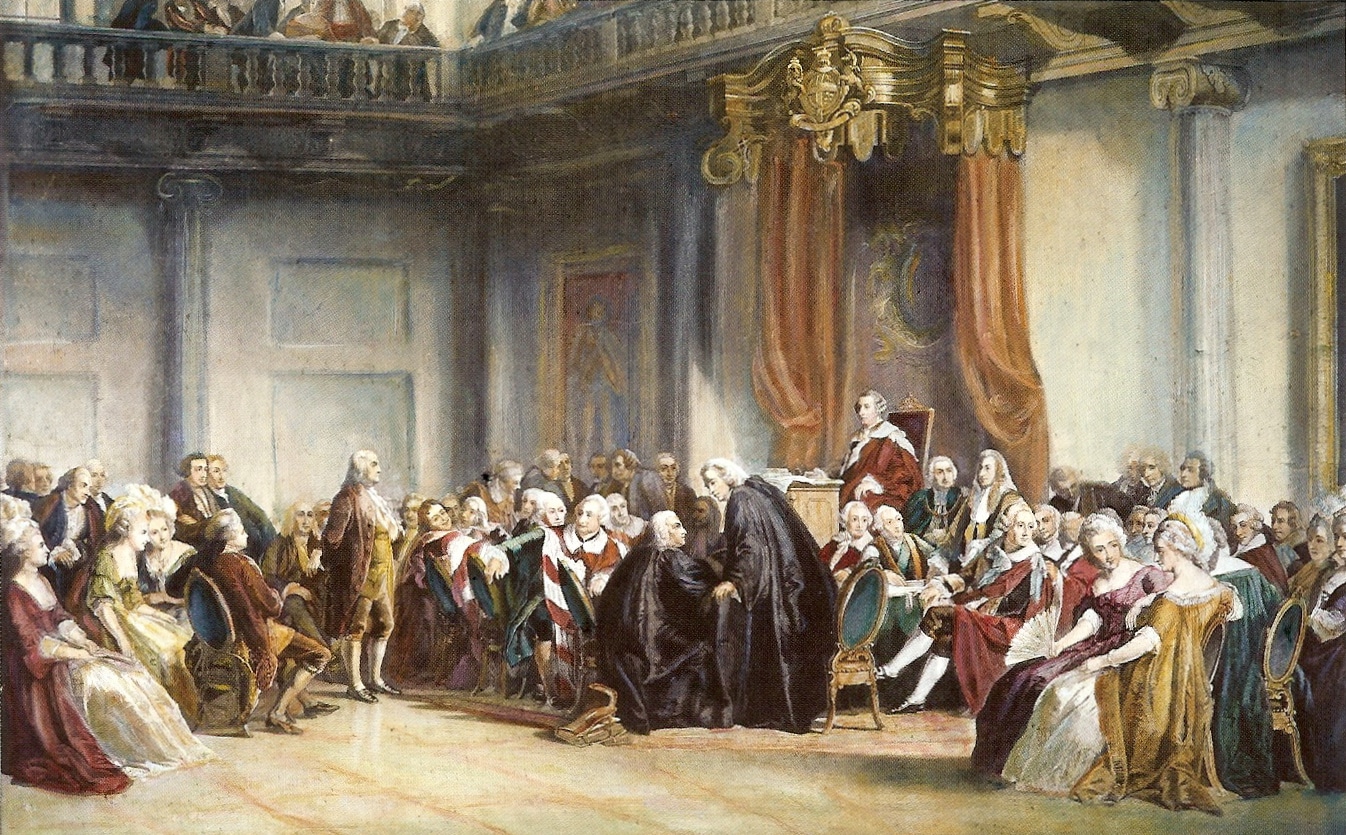The British Army was the most powerful army in the world and had successfully defended its territory against all the major European powers. However, they had never fought a war such as this.
The traditional European war tactics that were so effective in the Seven Years' War (French and Indian War in the colonies) did not work in the American Revolutionary War. This leaves one to beg the question, why?
Jump to:
It was the same era. These same tactics were effectively used in the Napoleonic Wars and the War of 1812, so why would the American Revolutionary War be different?
There were five primary reasons the British lost the Revolutionary War:
Here are my eight reasons America beat the British in the Revolutionary War
1. The Failure to Capture or Disband Washington's Army
The Revolution persisted because George Washington was able to keep his army intact. General William Howe lost a grand opportunity in New York to capture Washington and end the war but failed to do so and allowed the crafty general to make a daring retreat in the night.
It was possibly the most important moment of the war.
The Rebellion had just begun, and morale had been high during the Boston Campaign.
The British showed their military superiority in New York, where their Navy and well-trained troops proved themselves effective against American militia, but Washington survived.
He survived the route and won a significant battle at Trenton and Princeton that lifted morale. The British would never again have an opportunity to capture Washington and his army, thus losing any chance of victory.

2. Parliament's Opinion On The War Was Split
Before the war ever began, Parliament had passionate discussions over whether the British colonies had the same rights as British Citizens.
Many believed that they did and were against any use of force against their fellow citizens. This opinion was no doubt reinforced by economic pressures that were weighing on the faltering British economy.
War is not something that is just fought on battlefields but must also have the support of the people. While the majority of British citizens and members of Parliament did not support full emancipation from Britain, they were in support of the colonies receiving equal rights.

3. The Franco-American Alliance
Anyone who has studied the American Revolutionary War knows how important this alliance was to the cause of American Liberty. The Franco-American alliance brought the French into the war.
This stretched Britain's capacity to wage war because they now had to defend their colonies abroad and even their homeland and limited how many soldiers they could throw at the Americans.
It also supplied the colonies with a much-needed Navy that could challenge the British. Without France, America would not win the war.

4. Lack of Loyalist Support
This was a problem for the British throughout the war but was the most evident in the Southern theatre. The British believed that they had overwhelming support for the crown in the south and sought to raise many loyalist armies to fight the Americans.
Loyalist troops would increase their manpower without inquiring for more British troops that were deployed across the world and in Britain. This never happened and left the British vulnerable.
Victories at Kings Mountain, Cowpens, Guilford Courthouse, and the guerrilla fighters that harassed the British supply lines frightened the loyalists from supporting the crown.
Americans had control of most of the countryside, and to support the crown meant losing everything that you and your family had, and it was something most did not want to sacrifice.

5. Inability to Efficiently Supply the British Army
The Battle of Trenton, Princeton, Guilford Courthouse, Cowpens, and Yorktown were all American successes due to the inability of the British Army to supply their army.
Cornwallis had stretched his supply lines so thin that anything less than a total victory against Nathanael Greene meant the end of his surge.
This left him pinned at Yorktown and surrounded by the French Navy. His surrender would end the American Revolutionary War. Logistics is always overlooked, but the most important aspect of warfare, especially in the 18th century.
To read more on this, then take a peek at my article on Revolutionary War Logistics.

